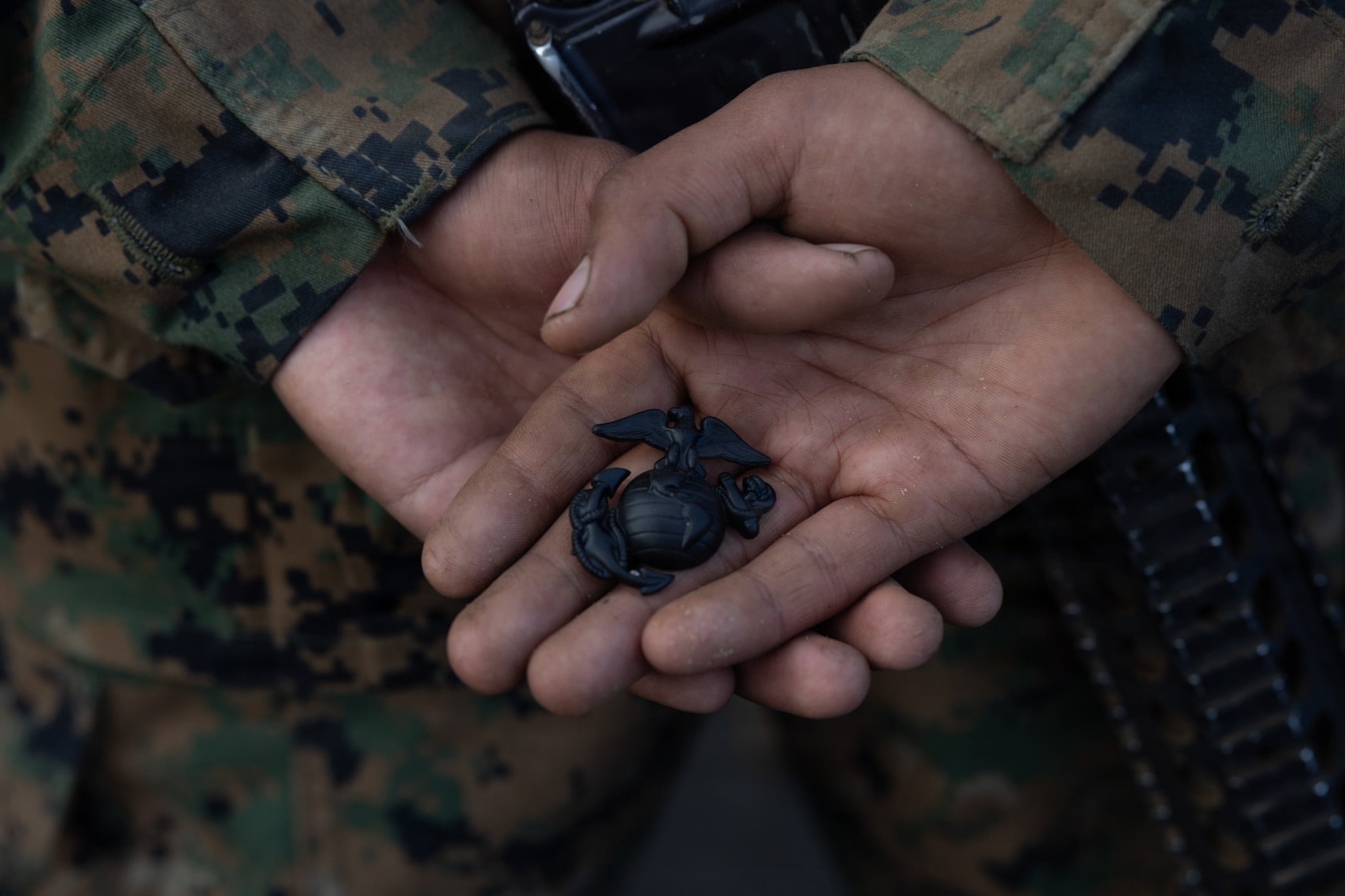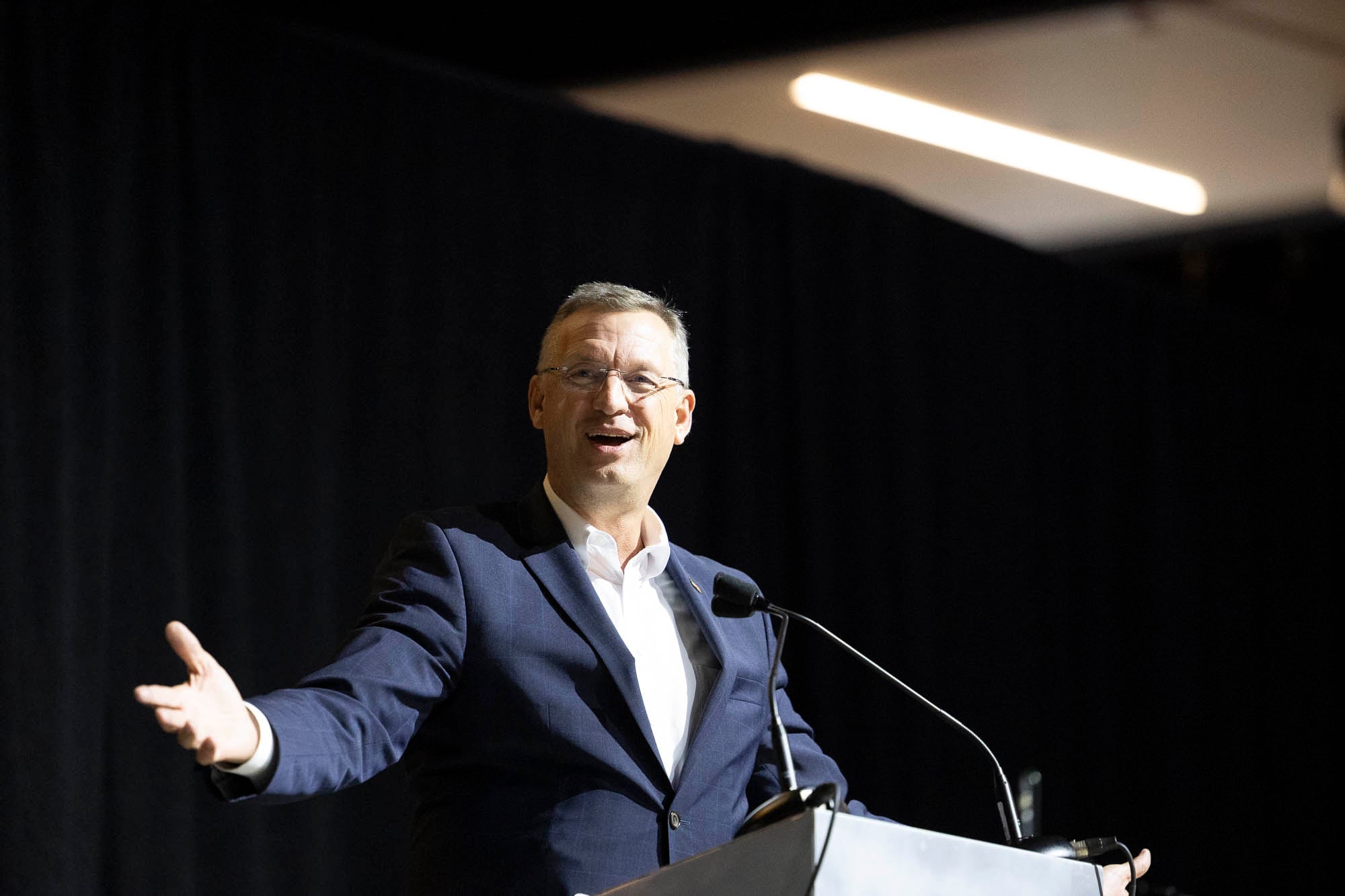The four-star commander of war operations in Iraq and Syria said politics is the key to defeating the Islamic militants there — and more U.S. troops will not necessarily help resolve the complex sectarian conflict roiling the two nations.
Army Gen. Lloyd Austin, chief of U.S. Central Command, said the Islamic State group, also known as ISIS or ISIL, probably numbers 9,000 to 17,000 fighters, and the key source of its strength now lies in its alliance with Iraqi Sunnis who oppose the Shiite-led government in Baghdad.
In a rare public appearance in Washington on Thursday, Austin said militants were able to seize control of many Sunni cities in Iraq by capitalizing on the "growing unrest" among Sunnis "alienated" by the Baghdad government, which was refusing to share power and oil wealth.
"Absent resistance from the Sunnis who viewed ISIL as a vehicle for bringing about change in their government, Sunnis simply refused to fight," which "facilitated ISIL's push in their country," Austin said at the Atlantic Council think tank.
About 1,400 U.S. troops are in Iraq, including several hundred working closely with the Iraqi army. But Austin said influencing Iraqi politics is the most important part of the U.S mission.
"If the Iraqi leadership cannot ... be inclusive of the Sunnis and Kurds, no matter how many troops you put on the ground, this isn't going to work," he said. "So that really deserves to remain our main effort ... making sure [Iraq's Shiite leaders] are doing the right things."
U.S. officials hope to forge a new alliance with Iraq's Sunni tribes and persuade them to turn against the militants. For U.S. troops, that makes avoiding civilian casualties more critical than ever, he said.
One lesson learned from the past is "to not alienate the people that you're trying to help. And so from the very start we were very careful about our air campaign in terms of who we were killing and who we were not killing," he said.
Austin said he is not aware of any confirmed incident involving civilian casualties after three months of bombing militant targets in Iraq.
"I think if you take a look at the precision of our efforts here, it's paying dividends for us," he said.
Austin has spent many years in Iraq, as a one-star general at the division level in the 2003 invasion and later as a fourthree-star commander overseeing the entire war effort.
He said he is optimistic that this mission will succeed.
"There is a different government in place. Initial indications ... are very positive. ... I think [Iraq's leaders] want to do the right things and will do the right things."
Andrew Tilghman is the executive editor for Military Times. He is a former Military Times Pentagon reporter and served as a Middle East correspondent for the Stars and Stripes. Before covering the military, he worked as a reporter for the Houston Chronicle in Texas, the Albany Times Union in New York and The Associated Press in Milwaukee.





